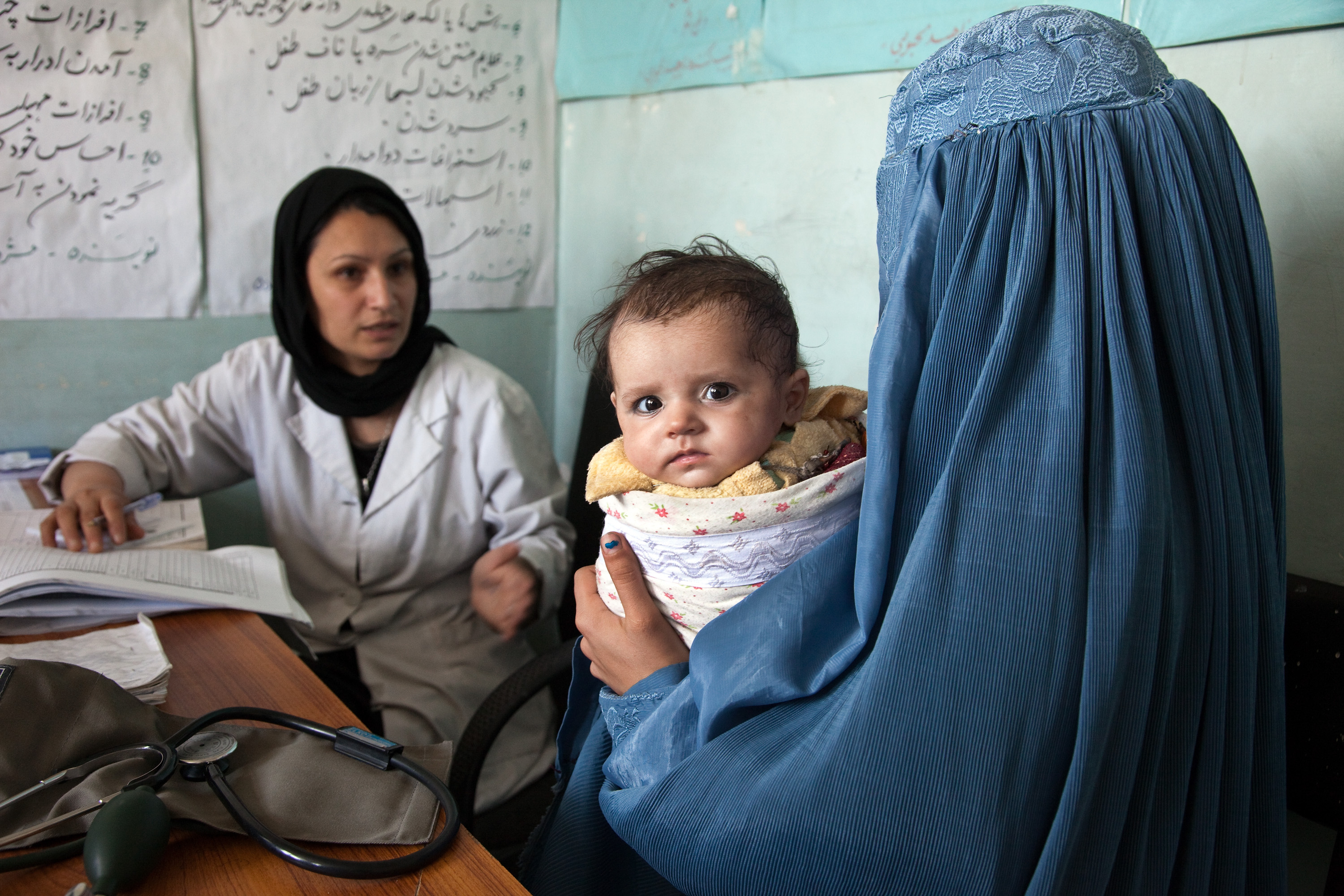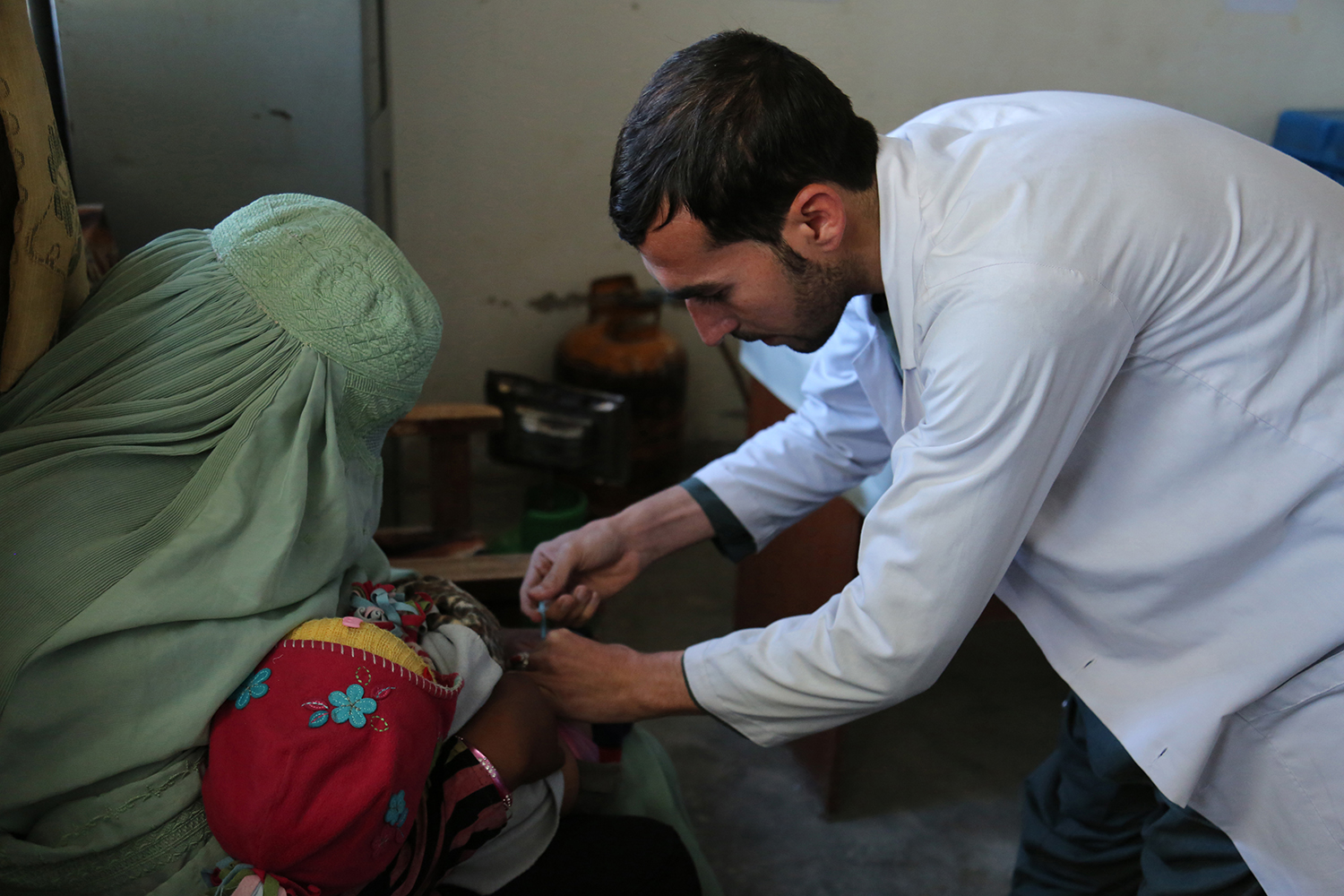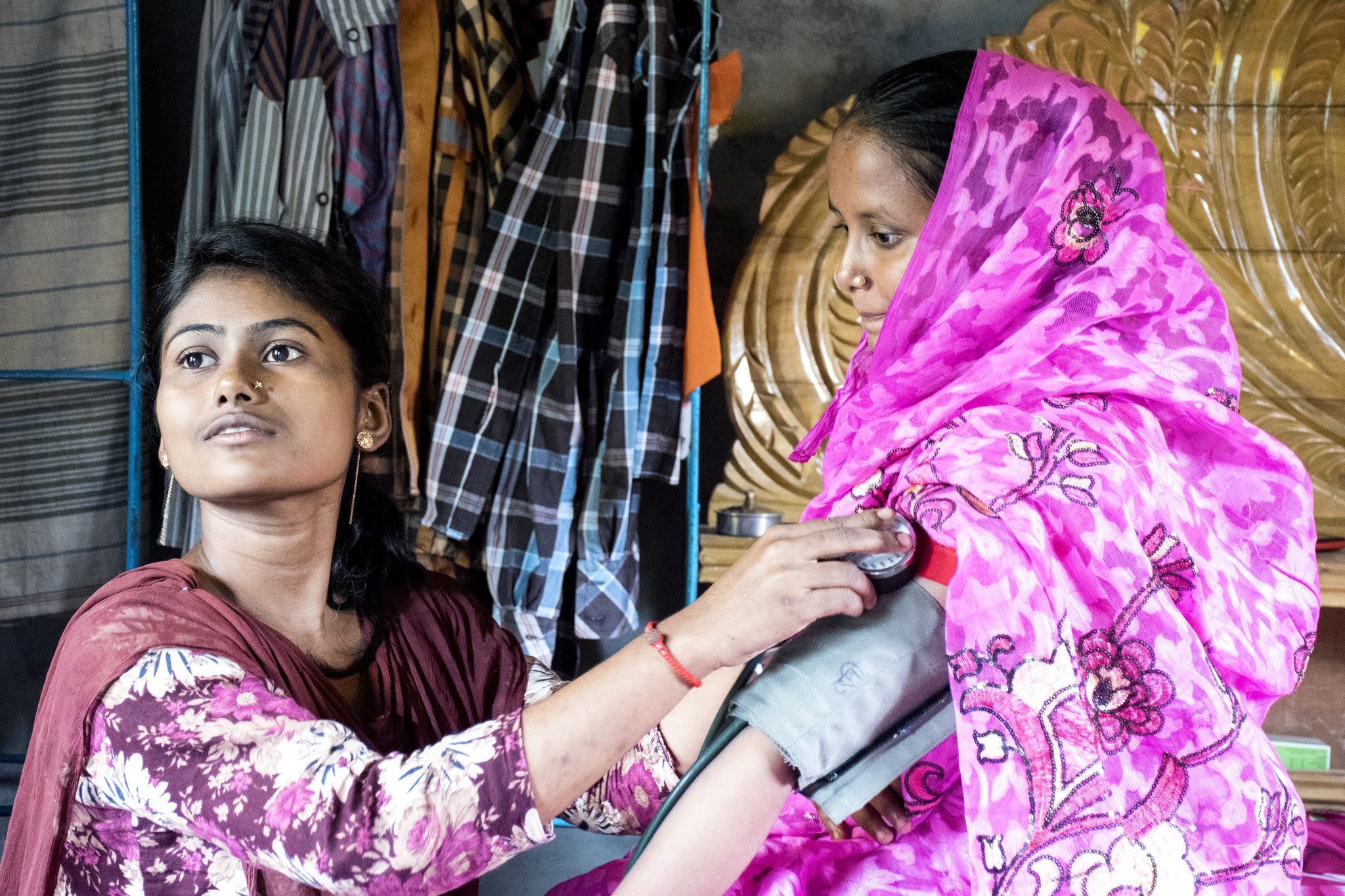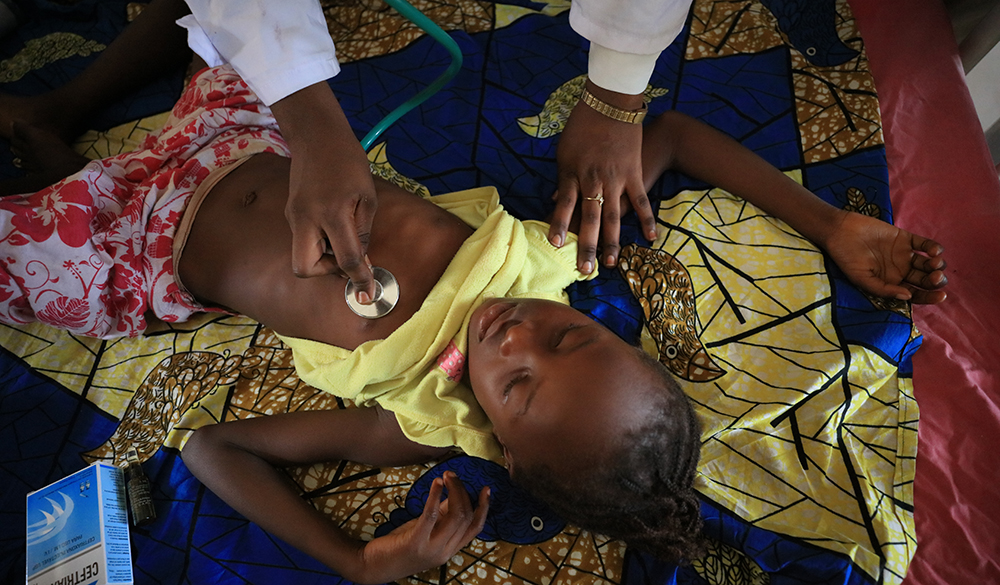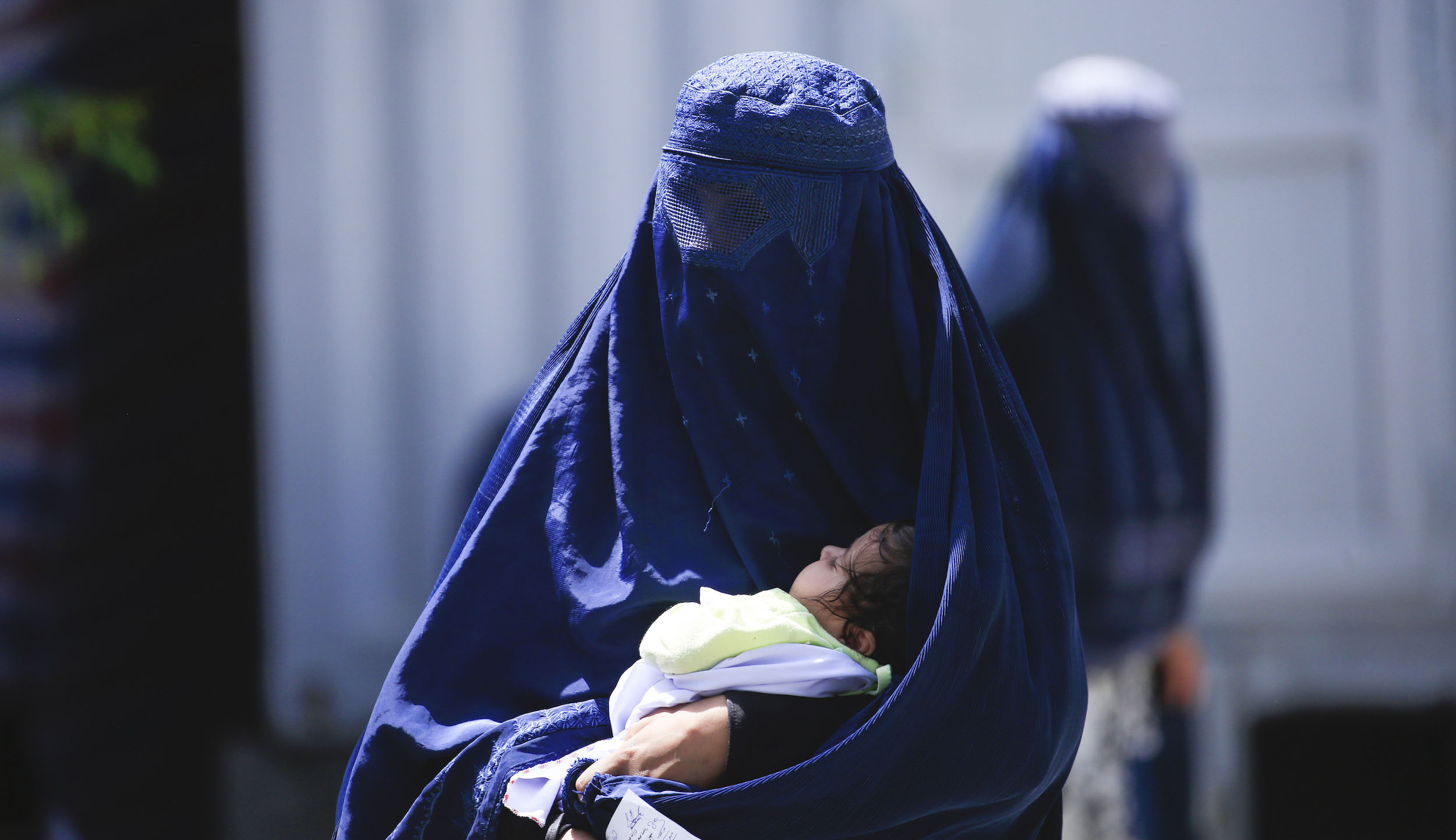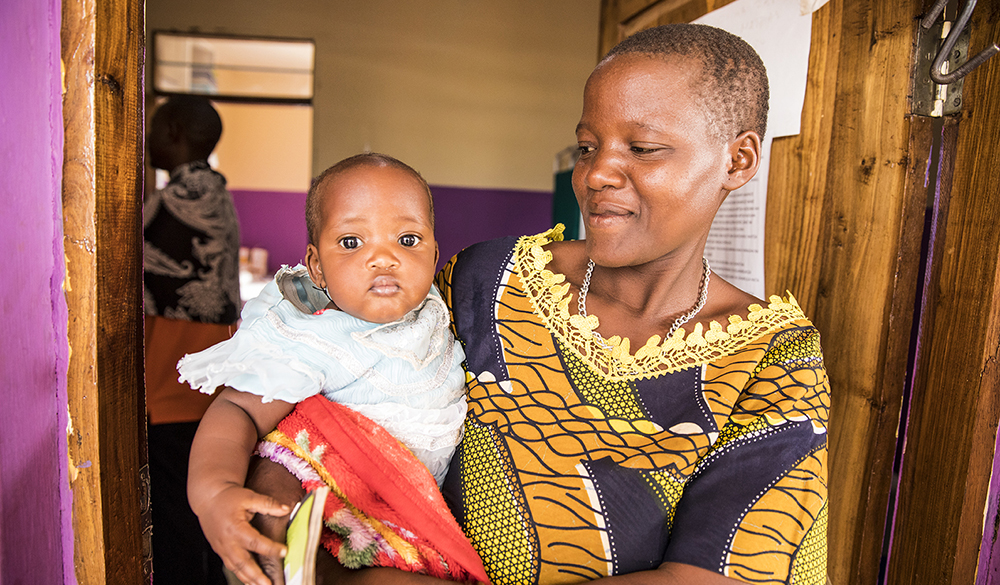Afghanistan
The GFF’s engagement in Afghanistan began in 2015 with a focus on transforming the country’s health service delivery model to expand access to quality care in most provinces, while also improving accountability and resource efficiency.
Support from the GFF, World Bank, and other partners contributed to improvements in several core maternal and child health indicators, such as more attended births, improved access for women and girls to contraceptives, and increased antenatal and postnatal care. Building on this progress, in 2020 the GFF supported the expansion of Afghanistan’s investment case (IC) to better align partner initiatives and resources around priorities.
Since the political crisis of August 2021, the GFF has been working closely with the World Bank and other partners to restore access to essential health services for women, children, and adolescents. These efforts include support to the World Bank to rapidly prepare the Health Emergency Response Project co-financed by the Afghanistan Reconstruction Trust Fund and the GFF. The GFF is also supporting technical working groups (co-chaired by WHO, the World Bank, and USAID) to facilitate the development of the Health Sector Transitional Strategy which aims to expand access to quality health and nutrition services and strengthen health system resilience.
